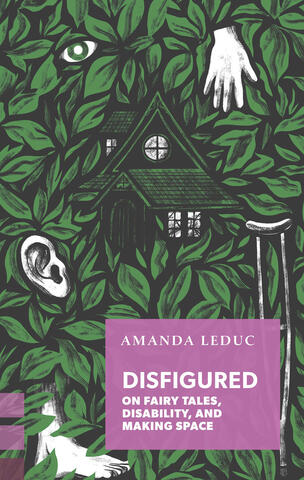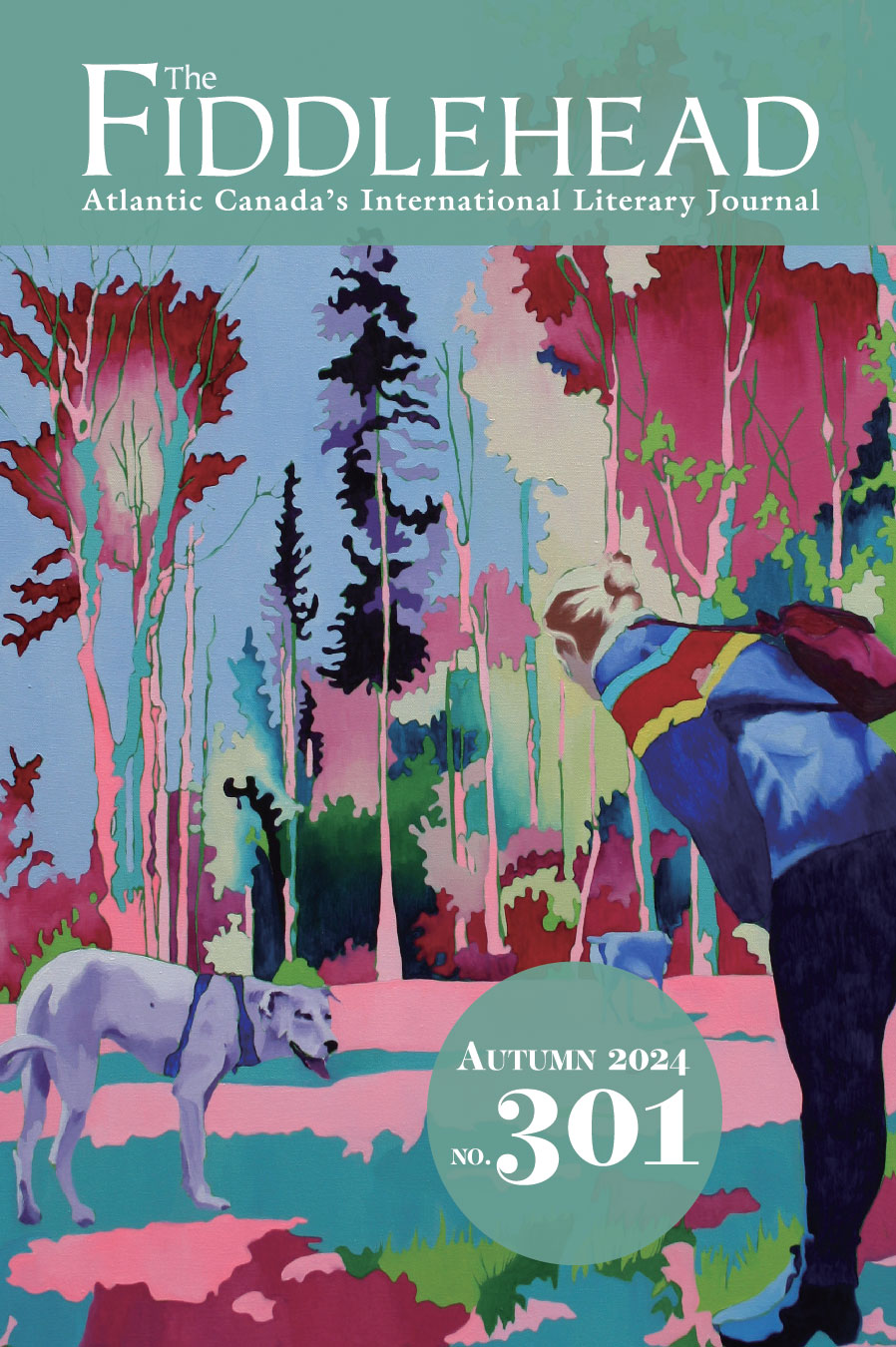
I order oodles of books from the library.
The regional library system where I live spans dozens of communities across many islands, so there’s often a big lag between my request and the appearance of a book on the hold shelf at my miniature local branch. Sometimes its hard to reconstruct my literary breadcrumb trail—to remember why I wanted a particular title, but that wasn’t the case with Disfigured: On Fairy Tales, Disability, and Making Space by Amanda Leduc.
Disfigured sits at the perfect intersection of my favourite things: stories; qualitative research; recalibrations; the creative destruction of biased histories; and explorations into the role that cultural conditioning plays in our conceptions, as well as how we (all) tend to mistake our worldviews for reality.
I love it when my unexamined beliefs get jostled.
That’s what happened when I read Disfigured, which weaves memoir and analysis of fairy tales with excerpts from medical records written by the neurosurgeon who operated on Leduc when she was a child. In the introduction, Leduc, who has cerebral palsy and spastic hemiplegia, explains her authorial intent:
Disfigured is my attempt at unravelling some of the more well-known Western fairy-tale archetypes in light of a disability rights framework. In order to understand how we move on from the damage that these archetypes can do, we first need to understand what put them in place—why the disfigured body has historically been seen as less than whole; why fairy tales, narratives so often associated with seeming empowerment, have provided a breeding ground for anti-disability narrative; and how the allure and the potency of these stories has continued to influence the perceptions of disability today.
I became more aware of ableism in myself while reading Disfigured. I now see it at work internally, as self-judgment regarding my own capacities and worth, as well as externally. I have a clearer understanding of where these ableist perspectives originate and how we continue to unwittingly reinforce them through story.
Leduc explains that in fairy tales,
disability often operates as an impetus back toward balance and the world of the ideal: if the disabled narrator can only successfully complete the quest, do what is required of them, and learn, their disability will be lifted from them and they'll occupy an abled space in the world once more. The disabled villain, by contrast, occupies a place of disability that is permanent and somehow warranted. They are at once bitter and angry because of their disability and also disabled because of their bitterness and anger.
I also read Maggie Nelson's The Argonauts this summer, and copied the following quote by Nelson between some passages by Leduc in my journal:
It's the binary of normative/transgressive that’s unsustainable, along with the demand that anyone live a life that's all one thing.
I appreciate the juxtaposition of Leduc and Nelson’s thinking. We can move past the unsustainable binary of normative/transgressive when it comes to the stories we tell. We get to reformulate narrative arcs that squish us into tropes and suggest that we’re supposed to be all one thing.
In Disfigured, Leduc dismantles an entire genre so we can see how it works. Once we understand the faulty mechanisms, we can repurpose the component parts and create something new.
— Petra Chambers (she/her) lives in the traditional territory of the Pentlatch people in the Salish Sea. She writes poems, creative nonfiction, and fiction-ish hybrid forms. Her work has been published by PRISM International, Queens Quarterly, CV2, and Prairie Fire. Her first poem was nominated for a 2025 Pushcart Prize.
You can find Petra Chambers' poetry in Issue 301 Autumn 2024. Order the issue now:
Order Issue 301 - Autumn 2024 (Canadian Addresses)
Order Issue 301 - Autumn 2024 (International Addresses)










